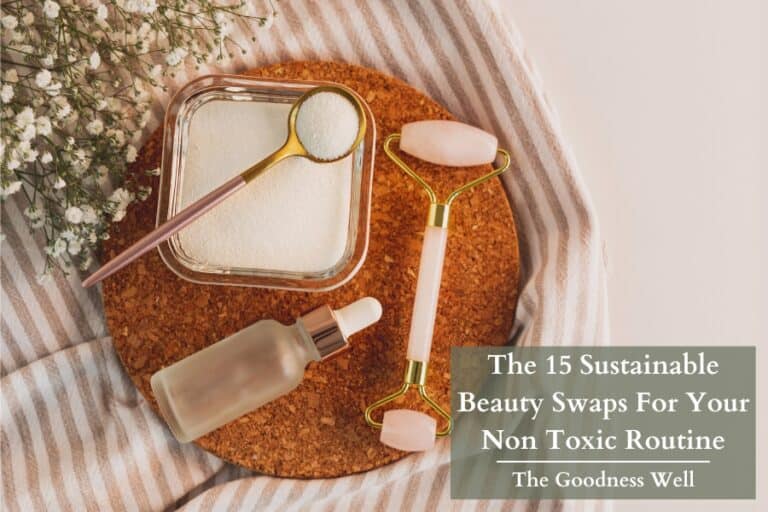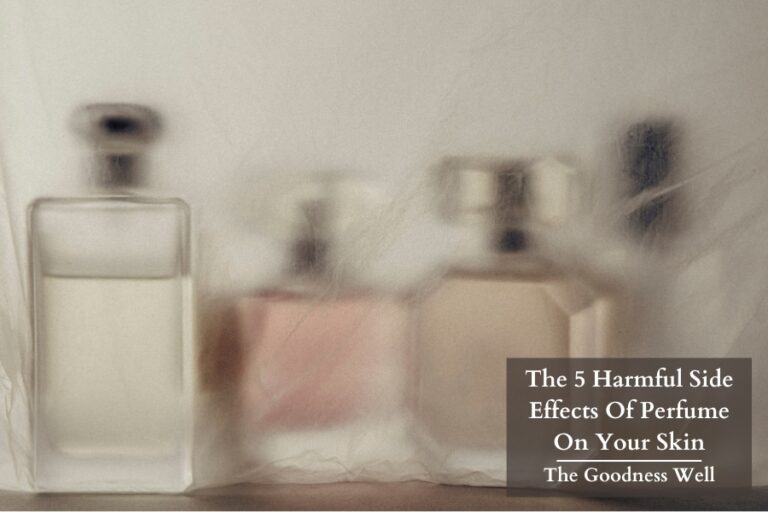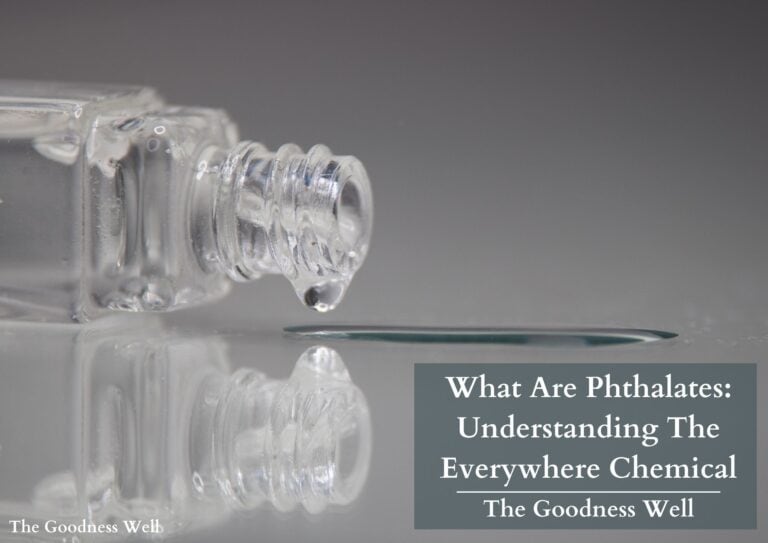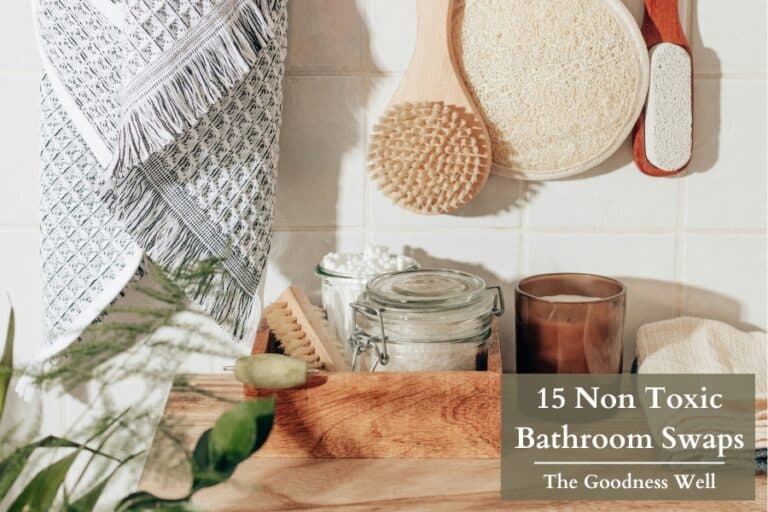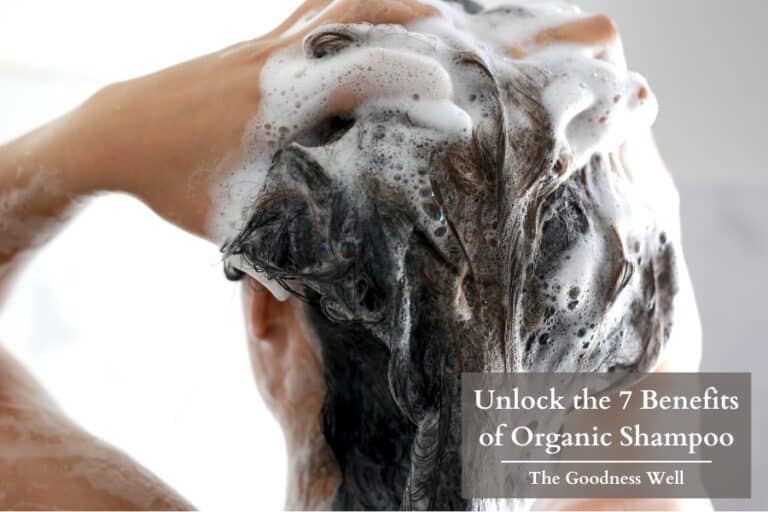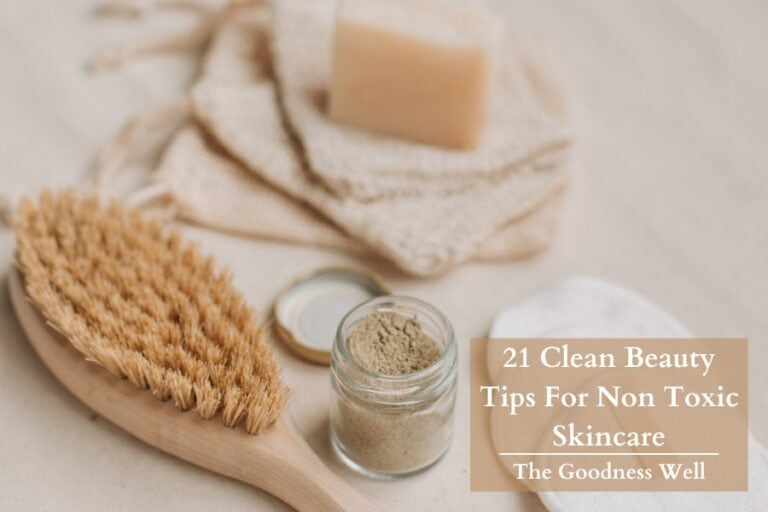7 Natural Skincare Myths And Misconceptions
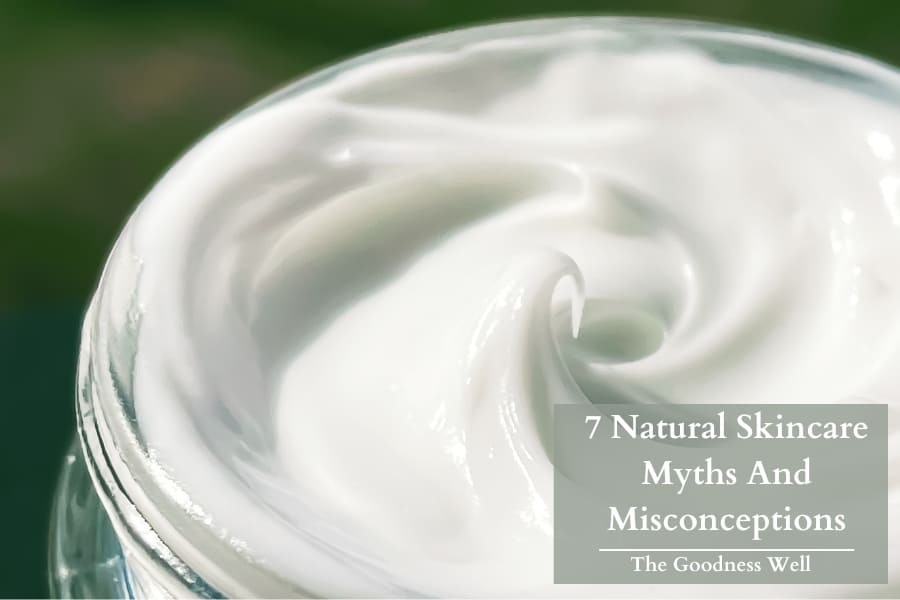
Nowadays, there are so many skincare products out there, that it’s easy to get lost.
And with all the TikTok “experts” throwing out advice left and right about what to use and what to skip, and everyone sharing their own two cents on the best products and routines, it’s tough to figure out what’s actually true and what’s not.
But don’t stress!! We’re here to help!
Let’s get into the 7 most common natural skincare myths & misconceptions. 🔎
TL;DR
7 Natural Skincare Myths & Misconceptions
- If it’s natural it’s safe for you
- Natural products always work better
- Natural products are always eco-friendly
- If it’s natural, it’s organic
- DIY skincare is always safe and effective
- Natural skincare will cure all my skin problems
- Natural products work better for sensitive skin
🔮Natural Skincare Myths and Misconceptions 💭
1.”Natural Means It’s Safe For You.”
Absolutely not, just because it’s natural doesn’t mean your body won’t react to it. Our bodies, especially our skin, can be very sensitive to certain ingredients and materials.
Sometimes we have to learn the hard way after a breakout and sometimes we can take preventative measures like learning what you are allergic to.
But don’t assume that just because a product is natural there isn’t a chance your skin won’t react to it. It’s also important to use certain ingredients in moderation or within safe limits.
I learned this the hard way with rosemary oil lol
2.”Natural Products Work Better”
I wish this were 100% true but it’s just not. Some products just don’t work as well as some chemical products.
Now I’m not saying this is true for all or even most and I’m also not saying use chemical products because they’re better.
Use natural products as much as possible but if there is a SAFE chemical product you use that is giving you results you want, then use it!
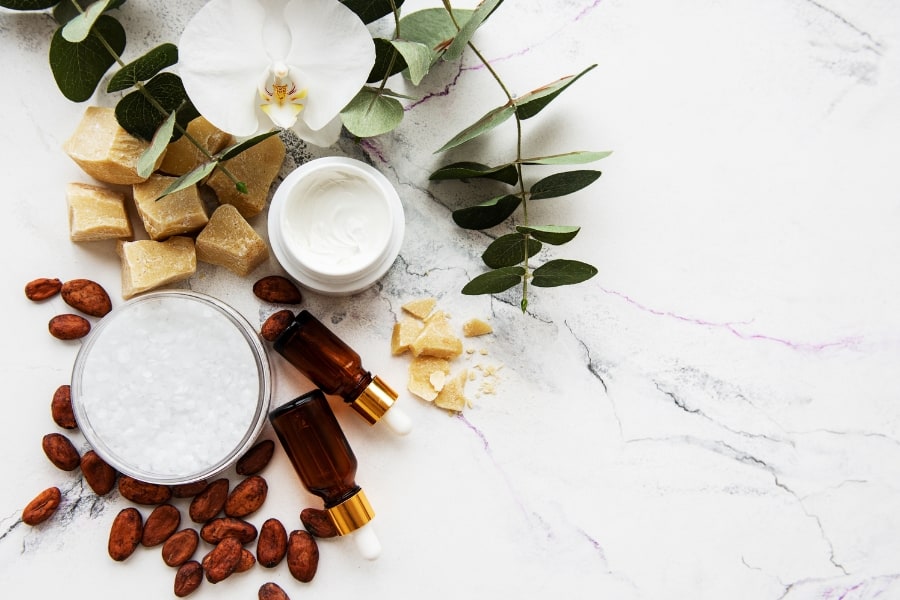
3.”Natural Products Are Always Environmentally Friendly”
Natural products are often also eco-friendly but not always. It’s important to read packaging and research brands to know their practices and what certifications they hold.
Look for certifications like Ecocert, Forest Stewardship Council (FSC), Climate Neutral Certified, and NATRUE.
4.”If It’s Natural, It’s Organic”
The terms “natural” and “organic” are often used interchangeably, but they mean different things. “Organic” refers to how ingredients are farmed (without synthetic pesticides, fertilizers, etc.).
A product can be natural without being organic if it’s derived from natural sources but not farmed according to organic practices.
To make sure you’re getting an organic product look for the USDA Organic certification.
5. “DIY Skincare Is Always Safe and Effective“
Homemade skincare remedies are popular but can sometimes do more harm than good.
A funny story that’s not so funny lol, is when I tried making my own homemade deodorant for the first time.
I’ve always had …”over-active armpits”. And if I forget to wear deodorant either sweat like a grown man or smell like a fresh-cut onion🫢…
So I thought it would be a good idea to make my own deodorant. Now this was way before my husband and I started this blog and before we really learned everything we know now.
I just found some random recipe for DIY deodorant using baking soda, lavender oil, and a few other safe ingredients.
Aannnd… let’s just say my armpits were raw and in pain for the next week!!😭
I can’t stress how important it is to do thorough research and make sure you use ingredients safely even if they’re natural.
Sometimes you never know how you’re body is going to react but using ingredients safely, researching and learning from other people’s experience, and maybe even doing a trial run can save you a headache or from burning your armpits.
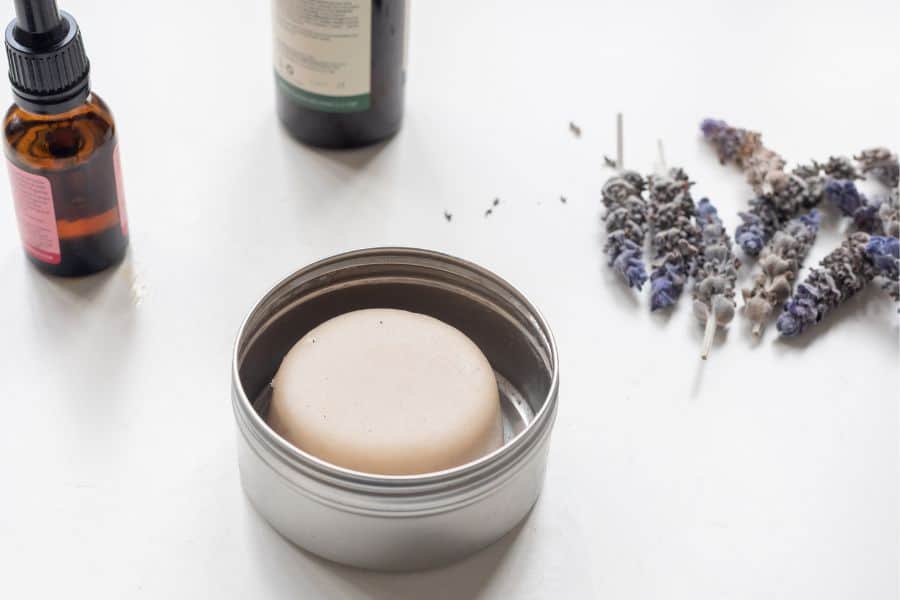
6. “Natural Skincare Will Cure All My Skin Problems“
If only!😭 The truth is that just like chemical products, natural products won’t fix all skin problems.
But let me pause for a moment and use this opportunity to acknowledge how normal skin problems are… The silky smooth skin you see on Instagram or in movies isn’t real.
And sure there are some blessed people out there with seemingly flawless skin BUT there are also people out there with blemishes, scarring, acne, dark circles, discoloration, and other imperfect perfections(…Hi! Yes this is me too!🙋🏽♀️)
But just because our face likes to tell the world “Hey yeah, my hormones are off and I’m about to start my period!” or show that we didn’t get a full uninterrupted night of sleep, doesn’t mean we don’t have beautiful skin!
Regardless of your choice— chemicals, natural products, or a mix of both—your skin will inevitably experience its ups and downs. There will be moments when it’s thriving, looking its absolute best, followed by times when you’re left wondering, “Oh my gosh is that another zit?”❤️
7. “Natural Products Work Better for Sensitive Skin“
While natural products can be a good choice for sensitive skin, not all natural ingredients are gentle.
Some, like lemon juice or baking soda, can be quite harsh and disrupt the skin’s pH balance or cause irritation.
For me personally, I have to be careful when using baking soda because my skin can react really harshly to it.
Final Thoughts💭
There are a lot of benefits that make switching to natural products worth it but it’s important to understand the risks and to do your research.
Don’t believe everything TikTok “experts” tell you and remember you have beautiful skin.
Using natural products can help you eliminate toxic chemicals from your life while helping you enjoy the skin you’re in.❤️

